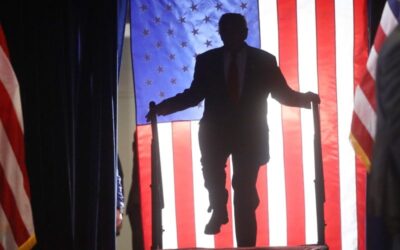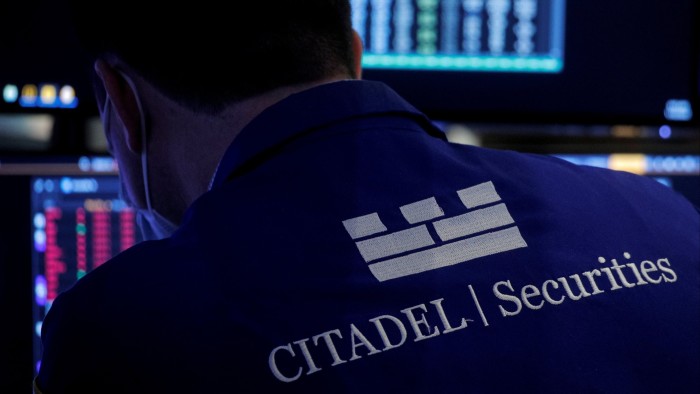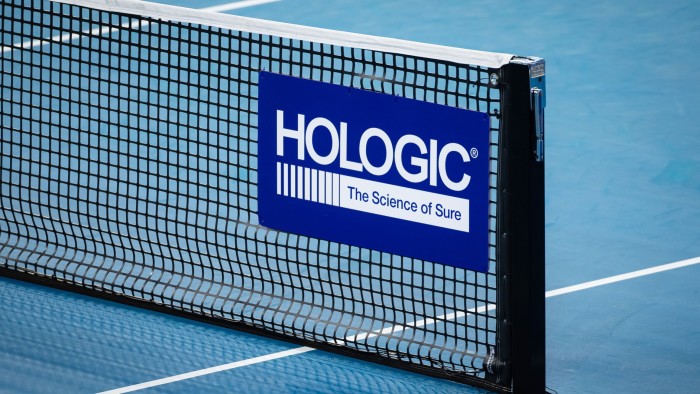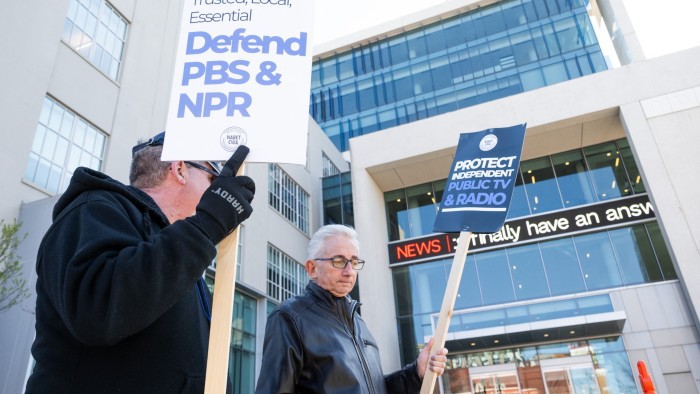EU set to drop bourbon from retaliatory tariffs list against US

Unlock the Editor’s Digest for free
Roula Khalaf, Editor of the FT, selects her favourite stories in this weekly newsletter.
The EU is likely to drop bourbon from its retaliatory tariff list against the US, after heavy lobbying from France, Italy and Ireland, which are seeking to shield their alcohol industries from the escalating trade war.
European Commission vice-president Stéphane Séjourné said on Monday that “there should be good news” soon for the wine and spirits sector and that “the message went through [about] the major economic hit” such a measure would trigger.
EU trade commissioner Maroš Šefčovič said the bloc would drop some of the retaliatory measures against US steel tariffs after member states lobbied to protect some of their industries.
Though Šefčovič did not mention bourbon specifically, the item was announced by Brussels when Washington reimposed a 25 per cent levy on steel and aluminium from Europe. This in turn prompted US President Donald Trump to threaten a 200 per cent levy on European alcohol.
“We are not in the business of tit-for-tat,” Šefčovič told reporters on Monday, adding the EU reaction would affect less than the initial €26bn worth of US imports — which also include jeans and motorcycles.
The final list of goods was due to be sent to EU governments before they were asked to approve it on Wednesday.
Trump has since announced he will introduce additional 20 per cent levies on all European exports.
Commission president Ursula von der Leyen said Brussels had repeatedly offered the US a deal to eliminate all tariffs on industrial goods, particularly cars, adding that Europe was “always ready for a good deal so we keep it on the table”.
The EU has prepared a list of retaliatory measures, but von der Leyen said the bloc preferred a “negotiated solution”.
Germany’s economy minister criticised the lobbying of other member states on behalf of their drinks industries, saying they should rally behind the commission, which leads on trade policy.
“The stock markets are already collapsing and the damage could become even greater. It is therefore important . . . to act clearly and decisively and prudently, which means realising that we are in a strong position. America is in a position of weakness,” Robert Habeck said before an EU trade ministers’ meeting in Luxembourg on Monday.
“If every country is counted individually, and we have a problem here with red wine and there with whiskey and pistachios, then it will all come to nothing,” he added.
But the European drinks industry, which is already facing a substantial hit to exports from Trump’s baseline tariffs amid a weak global market and trade issues with China, will be relieved if the change is confirmed.
France’s wine and spirits sector is expected to be the worst affected by the announced tariffs, according to the country’s wine and spirits exporters association FEVS. It believes the levies will lead to a €1.6bn drop in exports from across the EU, with half of that in France, creating a “huge impact” on employment and the economy.
“This tariff clash only creates losers, both in Europe and the US . . . Our American counterparts, with whom we have worked for decades, are also conveying this message to the American authorities,” said FEVS president Gabriel Picard.
Italian Prime Minister Giorgia Meloni plans to travel to Washington “in the next few weeks” as part of EU efforts to persuade the US administration to roll back 20 per cent tariffs, her foreign minister said on Monday.
Antonio Tajani said that while Rome was aiming for a “zero tariff-zero tariff” agreement between the US and the EU, as an intermediate step, he hoped the US would reduce its so-called reciprocal tariffs on European goods to 10 per cent.
The US spirits industry has also lobbied the White House to exempt spirits globally from all tariffs, pointing out that 86 per cent of US exports went to countries that had eliminated tariffs on American alcohol products.
“The US spirits sector has been the model of success for fair and reciprocal trade for decades,” Distilled Spirits Council president and chief executive Chris Swonger said last week.
In 2018, the EU imposed a 25 per cent retaliatory tariff on US whiskey, which caused exports to the bloc to plunge 20 per cent, from $552mn to $440mn between 2018 and 2021.
Since the tariffs were suspended, US whiskey exports to the EU surged nearly 60 per cent, from $439mn in 2021 to $699mn in 2024, according to the trade group.
Additional reporting by Amy Kazmin in Rome and Alice Hancock in Brussels






